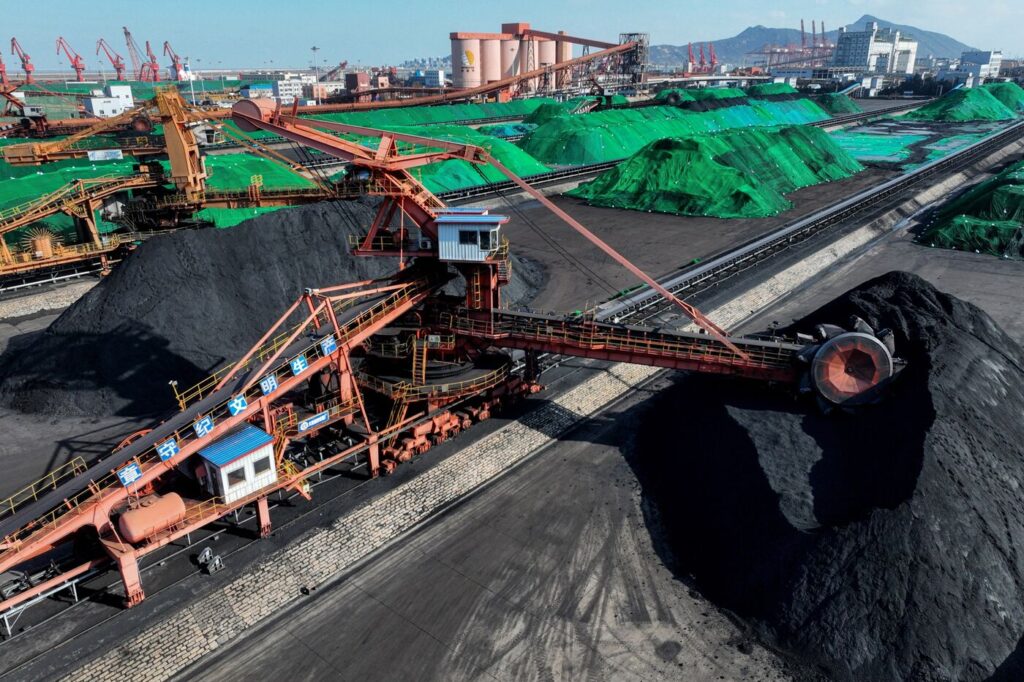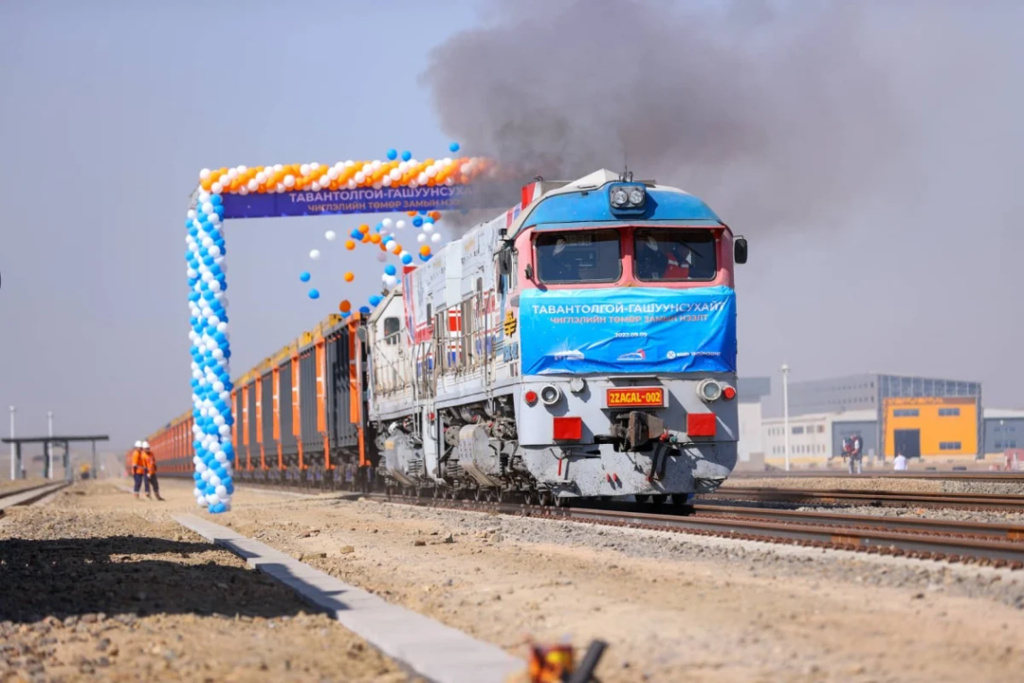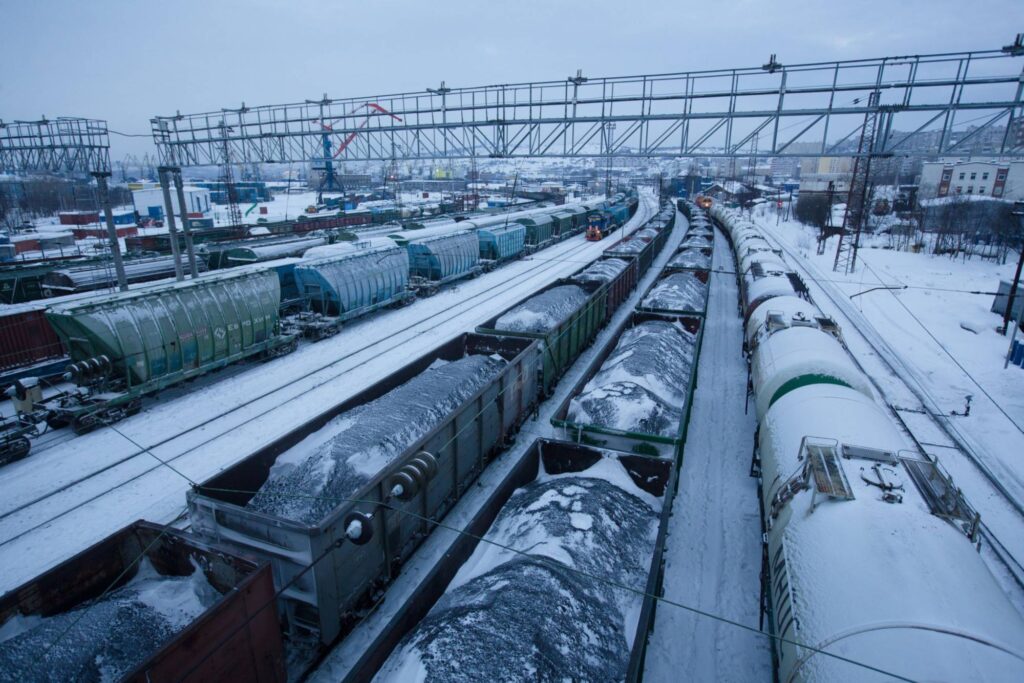Russia has officially eliminated most coal export tariffs linked to the ruble against the dollar, according to a decree published on the Russian government website. The move marks a significant policy shift.
The Russian government implemented flexible export tariffs on a variety of commodities from October 1 last year. The tariff rates are linked to the ruble exchange rate for 15 months and are planned to last until the end of 2024.
Depending on the ruble exchange rate, the tax rate is basically between 4% and 7%. If the ruble-dollar exchange rate reaches 80 rubles, the tariffs will automatically expire. Currently, the ruble exchange rate is about 91 rubles per US dollar.
The latest decree shows that export tariffs on thermal coal, coking coal and anthracite coal have been officially canceled.
Some analysts pointed out that if coal prices remain stable, this measure may increase the profits of Russian coal and steel producers Mechel and Raspadskaya coal mines by 6% and 12% respectively.
There are reports that this strategic decision is aimed at changing the financial situation of coal exports and is expected to have a significant financial impact on Russian coal producers. These tariffs were initially imposed as a means of raising revenue, especially during a period of increased military spending and a devaluation of the ruble leading to increased coal exports.
According to the report, it is worth noting that Russian coal exports surged last year, reaching 220 million tons. A large portion (about half) of this is exported to China. The decision to remove these tariffs, especially on thermal and coking coal, a key component of the energy and metallurgical industries, will have profound consequences for Russian coal producers and their global peers.
The elimination of export tariffs is expected to not only improve the competitiveness of Russian coal on the global market, but also stimulate the strengthening of trading partnerships, especially with China, the main consumer of Russian coal. As the global energy transition and geopolitical dynamics evolve , trade policy realignments, such as the removal of these tariffs, highlight Russia’s adaptability and strategic decision-making capabilities in the global energy landscape.
In addition, some analysts estimate that the decision to eliminate tariffs may help Russian coal producers save $US1.1-1.5 billion annually, highlighting the importance of this policy change. These financial gains can be reinvested within the industry, promoting technological advancement, sustainability initiatives and overall growth.







